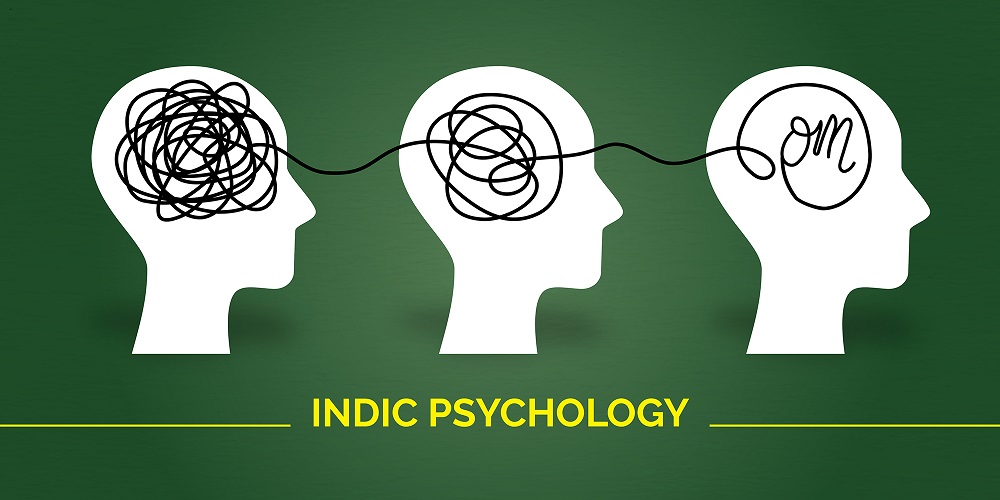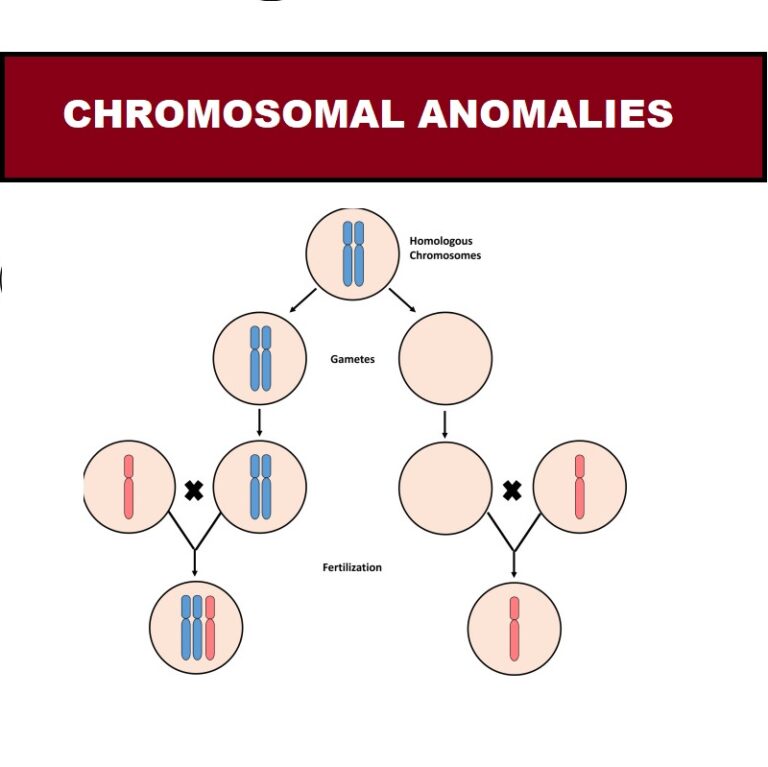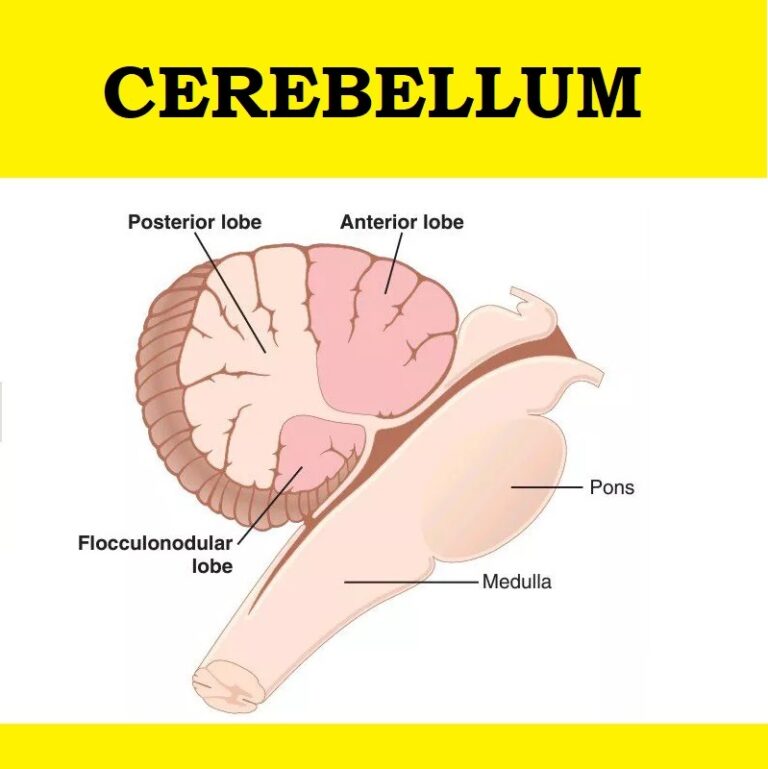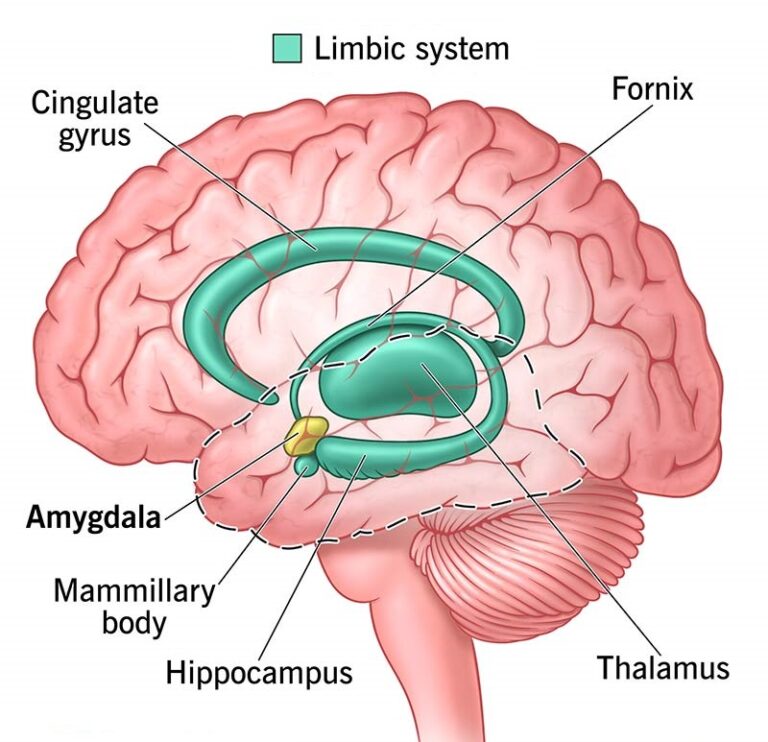
Introduction
Modern psychology, while predominantly shaped by Western paradigms, has increasingly begun to recognize and integrate insights from various cultural and philosophical traditions around the world. Among these, Indic influences, stemming from ancient Indian philosophy and practices, have played a significant role in enriching psychological understanding and therapeutic practices. This article provides a detailed critical account of the contributions of Indic thought to modern psychology, highlighting key concepts, methodologies, and their practical applications.
Historical Context
India has a rich tradition of philosophical and psychological thought, with roots stretching back thousands of years. Ancient Indian texts such as the Vedas, Upanishads, and Buddhist scriptures offer profound insights into the nature of the mind, consciousness, and human behavior. These texts emphasize the interconnectedness of mind, body, and spirit, advocating for a holistic approach to well-being.
Key Concepts and Their Psychological Significance
1. Atman (Self) and Brahman (Universal Consciousness)
Description: Atman refers to the individual self, while Brahman represents the universal consciousness or the ultimate reality. The realization of the unity between Atman and Brahman is considered the ultimate goal of human existence.
Psychological Significance: This concept emphasizes self-awareness and the transcendence of the ego, aligning with modern practices of mindfulness and self-realization.
2. Yoga
Description: Yoga is a comprehensive system that includes physical postures (asanas), breath control (pranayama), and meditation (dhyana) to achieve mental, physical, and spiritual harmony.
Psychological Application: Yoga has been integrated into various therapeutic practices to reduce stress, anxiety, and depression. Research supports its efficacy in enhancing mental health and emotional regulation.
Table 1: Key Indic Concepts and Their Psychological Applications
| Indic Concept | Description | Modern Psychological Application |
|---|---|---|
| Atman and Brahman | Unity of individual self and universal consciousness | Self-awareness, mindfulness, self-realization |
| Yoga | System of physical, mental, and spiritual practices | Stress reduction, mental health enhancement, emotional regulation |
| Karma | Principle of cause and effect governing actions and their consequences | Behavior modification, cognitive-behavioral therapy (CBT) |
| Mindfulness (Dhyana) | Focused awareness and presence in the moment | Mindfulness-based stress reduction (MBSR), mindfulness therapy |
Critique and Integration into Modern Psychology
1. Mindfulness and Meditation
Indic Influence: Mindfulness (Sati in Pali) and meditation (Dhyana) are core components of Buddhist and Hindu practices.
Modern Application: These practices have been extensively researched and integrated into therapeutic interventions like Mindfulness-Based Stress Reduction (MBSR) and Mindfulness-Based Cognitive Therapy (MBCT).
Critical View: While these practices have proven benefits, the Western adaptation sometimes strips them of their cultural and philosophical context, potentially diluting their depth.
2. Holistic Health Approaches
Indic Influence: Ayurveda, the traditional Indian system of medicine, emphasizes the balance of body, mind, and spirit.
Modern Application: The holistic health approach in psychology and integrative medicine often draws from Ayurvedic principles.
Critical View: The scientific validation of some Ayurvedic practices remains contentious, necessitating rigorous research to integrate these approaches credibly into modern healthcare.
Table 2: Comparative Analysis of Western and Indic Psychological Approaches
| Aspect | Western Psychology | Indic Psychology |
|---|---|---|
| Self-Concept | Focus on individualism, self-actualization | Emphasis on self-transcendence, unity with the universe |
| Therapeutic Practices | Cognitive-behavioral therapy, psychoanalysis | Meditation, yoga, holistic health |
| Mind-Body Connection | Often viewed separately, recent trends towards integration | Inherent mind-body-spirit integration |
| Approach to Mental Health | Symptom-focused, medical model | Preventive, balance-oriented, holistic |
Examples of Integration
1. Mindfulness-Based Stress Reduction (MBSR)
Origin: Developed by Jon Kabat-Zinn, MBSR is based on mindfulness practices derived from Buddhist traditions.
Application: Used to alleviate stress, anxiety, and chronic pain, MBSR incorporates meditation and body awareness techniques.
Example: A corporate employee experiencing burnout practices MBSR to improve focus, reduce stress, and enhance overall well-being.
2. Yoga Therapy
Origin: Rooted in ancient Indian yoga traditions.
Application: Used to treat various psychological issues such as anxiety, depression, and PTSD.
Example: A veteran with PTSD participates in yoga therapy sessions, incorporating breath control and asanas to manage symptoms and improve mental health.
Conclusion
The integration of Indic influences into modern psychology has enriched the field with holistic and culturally diverse approaches. Concepts like mindfulness, meditation, and yoga have proven to be valuable therapeutic tools, offering benefits that complement traditional Western methodologies. However, it is crucial to approach this integration with respect for the cultural and philosophical contexts from which these practices originate. By embracing the wisdom of Indic traditions, modern psychology can continue to evolve, offering more comprehensive and inclusive approaches to mental health and well-being.
References
- Reference 1: Kabat-Zinn, J. (1990). “Full Catastrophe Living: Using the Wisdom of Your Body and Mind to Face Stress, Pain, and Illness.” New York: Bantam Books.
- Reference 2: Feuerstein, G. (2001). “The Yoga Tradition: Its History, Literature, Philosophy and Practice.” Prescott, AZ: Hohm Press.
- Reference 3: Shapiro, S. L., & Carlson, L. E. (2009). “The Art and Science of Mindfulness: Integrating Mindfulness into Psychology and the Helping Professions.” Washington, DC: American Psychological Association.







